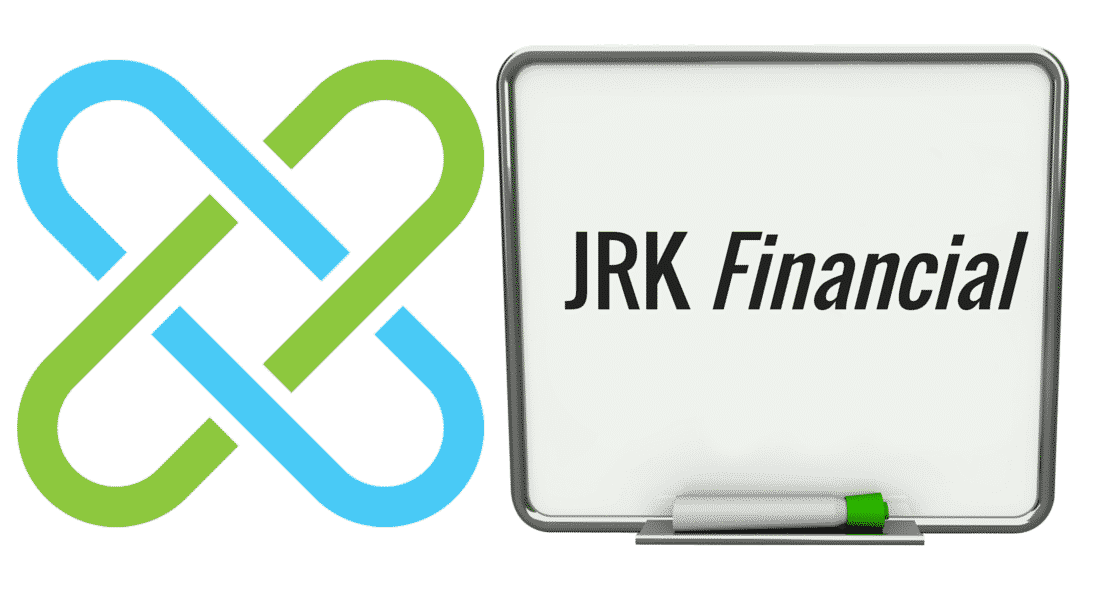

In his biography, The Snowball: Warren Buffett and the Business of Life, Warren Buffett gave sound advice on making ethical decisions that keep you on the right path:
If you’re not sure if something is right or wrong, consider whether you’d want it reported in the morning paper.
Bufett even said Coming to the crossroads of doing right or wrong isn’t reserved for billionaires or executives with corner offices. Entrepreneurs and employees at every level face ethical decisions where reputation, jobs, careers, and futures may be at stake.
That’s why integrity, in its purest and most unadulterated form, remains the antidote to protect you from choices that will poison you.
Let’s be honest. When was the last time you made a bad business or work-related choice that was out of integrity, which you later regretted? We’ve all been there.
Why integrity matters.
Psychologist and best-selling author, Dr. Henry Cloud, wrote the book on it and sheds good light on the topic. In Integrity: The Courage to Meet the Demands of Reality, he says integrity is "one’s makeup as a person that takes people to success or enables them to sustain it if they ever achieve it."
Put another way, Cloud says, "Who a person is will ultimately determine if their brains, talents, competencies, energy, effort, deal-making abilities, and opportunities will succeed."
So, who are you, really? As you learn and adapt to all aspects of your integrity, you’ll eventually arrive at a point where it becomes easier to develop trust, repair a relationship after a conflict, listen with empathy, or give critical feedback to build someone up.
Here’s another thing: The ability to connect authentically with others and the ability to be oriented toward the truth are two non-negotiable parts of a person with integrity. In essence, this is someone who will leverage both to operate from honesty, embrace change, reject wrongdoing, and get real results for meaningful purposes.
4 practical ways to increase your integrity.
When we don’t have the capacity to intentionally live out of our own integrity, it will have an adverse effect on us functionally and relationally. To avert disaster, try putting these strategies into daily practice.
1. Be accessible and communicate openly.
A person of integrity keeps the lines of communication open with everyone in the organization. He gives access for others to express concerns or raise questions that can be addressed in a timely fashion. He knows that open and honest communication is not only the ethical thing to do; it’s what builds trust and increases value so work gets done efficiently, and without barriers, bureaucracy, or politics.
2. Be your word.
Do you practice what you preach? Follow through on your promises or commitments? Leaders walking the talk deliver on "doing the right thing" and set a good example for others to do the same. Of course, they allow room for mistakes and failure (they’re human, after all), but they hold themselves accountable to a high standard absent of outside influences.
3. Be better at managing tough situations.
Take an unhappy customer or a disgruntled coworker, for example. High integrity in a colleague or manager will show up by staying calm and positive during tough conversations; it also shows up with firmness and boundaries to set limits on people during spiraling disagreements and unhealthy conflict.
4. Be who you truly are.
How would you feel if, every day, you said what you meant, stayed true to yourself, and behaved in accordance with this? Imagine the happiness and self-respect you’d feel. Being true to yourself is far less stressful than being someone you are not. By being who you really are, you not only trust the judgments and decisions that you make, but others trust you as well. They’ll respect you for standing by your values and beliefs.
Source: https://www.inc.com/marcel-schwantes/warren-buffett-says-integrity-is-most-important-leadership-trait-practicing-these-4-habits-will-increase-yours.html
